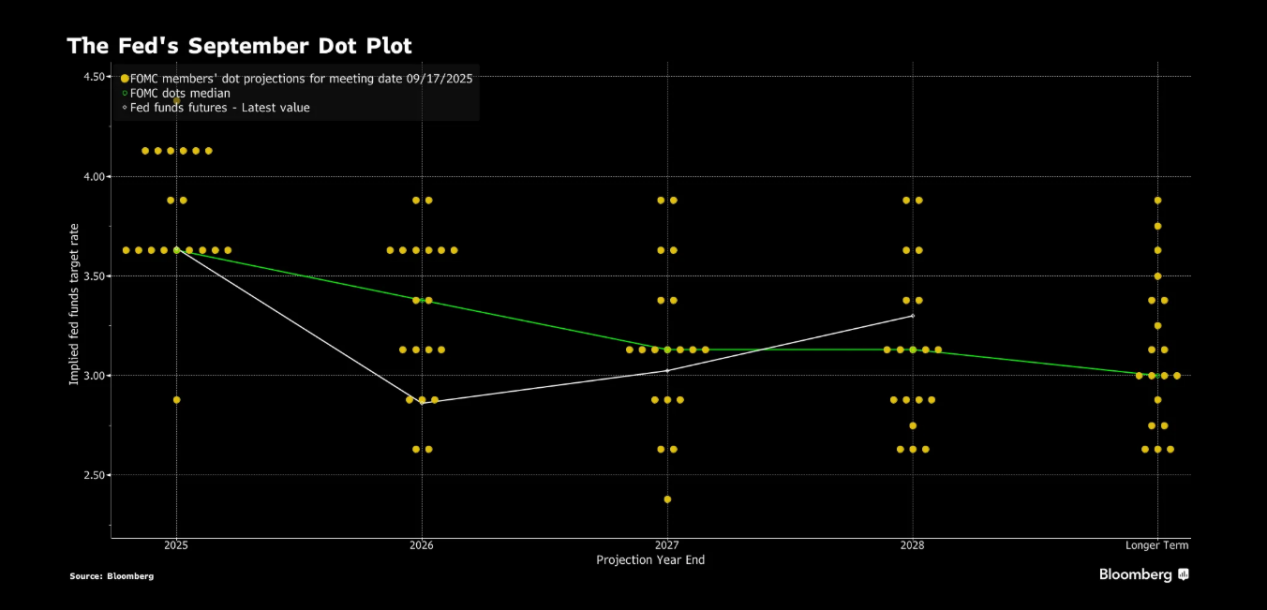After months of intense pressure from the White House to lower borrowing costs, Federal Reserve officials cut the benchmark interest rate by a quarter of a percentage point and plan to lower it twice more this year.
Federal Reserve Chair Jerome Powell pointed out that there are more and more signs of weakness in the labor market to explain why officials, after deciding to keep interest rates unchanged in December last year amid concerns over inflation triggered by tariffs, now believe it is time to cut rates.
Powell told reporters, “Labor demand has weakened, and the pace of job creation recently seems to be below the break-even level needed to keep the unemployment rate steady.” He also said, “I can no longer say that the labor market is ‘very strong’.”
The Federal Open Market Committee on Wednesday voted 11-1 to lower the target range for the federal funds rate to 4% to 4.25%, while the committee has kept the rate unchanged for five consecutive meetings this year.

Milan was the only official to vote against the decision, advocating for a more substantial rate cut of half a percentage point. Given that economists expected as many as four to vote against it, this was a notable victory for Powell.
Powell also said that he remains concerned about the inflationary pressure brought by tariffs. “Our obligation is to ensure that one-off price hikes do not evolve into a sustained inflation problem,” he said.
Looking ahead to the possibility of further interest rate hikes, Powell is cautious, saying that the Federal Reserve is currently in a situation of “adjusting on a meeting-by-meeting basis.”
The dollar erased its losses as Powell began to speak and described Wednesday’s decision as a “risk-management rate cut”. US Treasury yields rose, with the five-year yield climbing 6 basis points to 3.65%.
Over the past few months, inflation has been accelerating as more and more companies pass on tariffs to consumers. A Bloomberg survey shows that the Fed’s preferred price gauge rose 2.6% in the year through July, and analysts expect the August data to be released later this month to show another increase.
Although the impact of import tariffs has been smaller than many people expected, some Federal Reserve officials are still concerned that the tariffs have not yet fully affected the economy and could still have a sustained impact on inflation rather than a one-off adjustment. This has prompted the Fed to be cautious about cutting interest rates this year.


